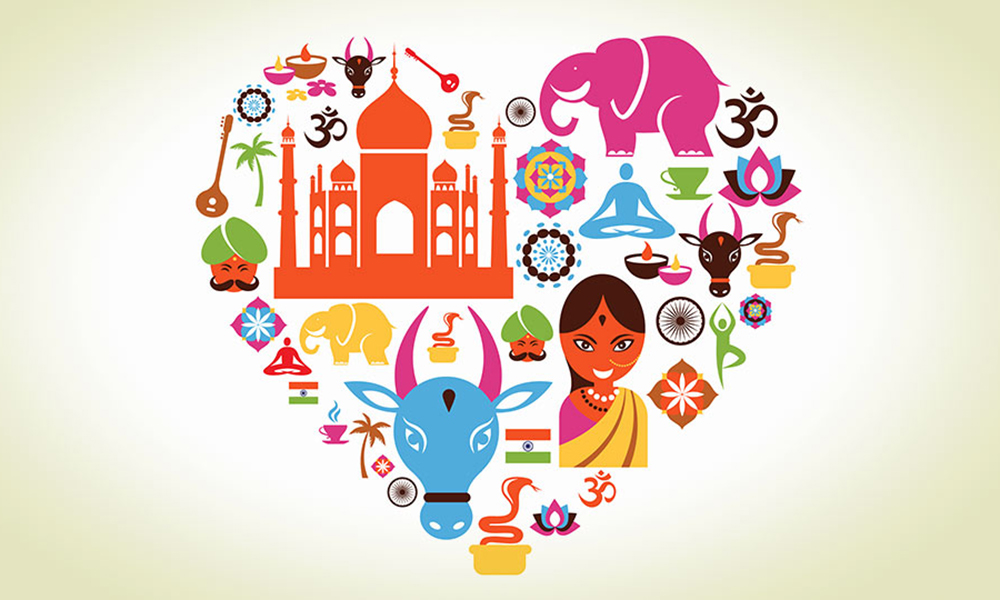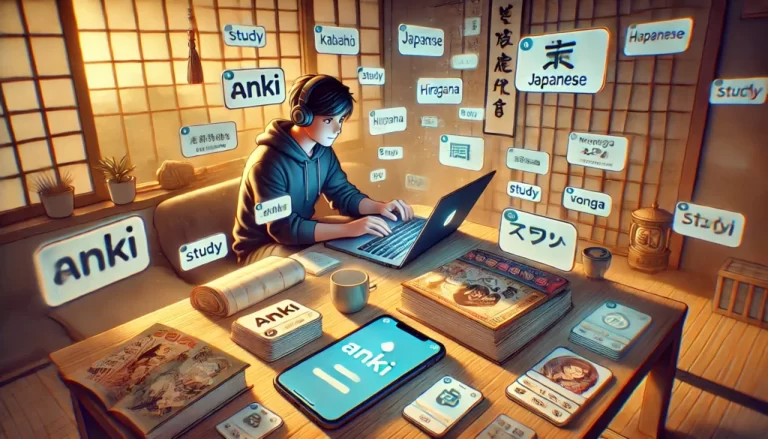
Language Source: Isha Foundation
Language is a mirror of culture, reflecting the values, experiences, and the creativity of people. In 2024, slang terms meant more than just a fleeting trend—they served as a snapshot of moments that were memorable in a rapidly evolving digital age. Terms like “delulu,” a self-aware critique of unrealistic expectations, and “touch grass,” urging a return to reality, highlighted the humor and introspection that defined much of online and real-life interactions of 2024.
Even phrases like “I’m just a girl”, often used ironically or self-deprecatingly, became a hallmark of the last year, illustrating the growing trend of blending vulnerability with humor and cultural commentary. From social media to casual conversations, these terms and phrases became so deeply embedded in daily language that they felt like an entirely new vocabulary. Slang has been used so comfortably by so many that it often goes unrecognized as slang. This evolving language has become a tool for self-expression, social commentary, and connection in an increasingly digital world. By examining the origins and evolution of these popular phrases, we can uncover not only linguistic creativity but also the values, humor, and social dynamics that defined 2024.
In 2024, the term “rizz” became mainstream in casual conversations, used to describe a person’s ability to effortlessly charm or flirt with others. Often used humorously or exaggeratedly, it highlights traits like confidence and effortless power. The etymology of “rizz” traces back to the word “charisma” through a process called clipping—a form of abbreviation where a longer word is shortened for ease of use. The term quickly gained traction when it was popularized by internet streamer Kai Cenat in 2021. However, it continued to be one of the top used slangs in 2024 and has evolved throughout the year, taking on more linguistically versatile forms. Initially used as a noun, it expanded to serve as a verb and even an adjective.
For example, one might say that someone has “rizz” (noun), is going to “rizz” (verb) an attractive person, or describe someone as a “Rizz God” (adjective), where “god” functions as a metaphorical exaggeration rather than a literal reference to a deity. This metaphorical use aligns with a wider trend in modern slang where hyperbole and figurative language enhance the expressive power of words. The continued evolution of “rizz” reflects the dynamic nature of language in 2024, with slang terms adapting to new contexts and uses in a rapidly expanding digital age. Additionally, the frequent use of “rizz” symbolizes how the generations in 2024 were captivated by charm, social influence, and the power of digital personas. As language evolves with cultural shifts, “rizz” stands as a testament to how people communicated, connected, and defined themselves in 2024.
Similarly, the term “brain rot” also became a cultural touchstone in 2024, earning the distinction of Oxford University Press’s Word of the Year. Originally describing physical or mental decline, its figurative usage gained momentum as an internet slang during the 2010s. By 2024, “brain rot” was commonly used to describe indulgence in guilty pleasures, such as spending excessive time on a favorite hobby, TV show, or social media platform, often with a humorous, self-deprecating tone. For instance, fans might label hours of binge-watching or aimless TikTok scrolling as “brain rot,” turning an otherwise negative implication into a playful acknowledgment of modern habits. Interestingly, its figurative use can be traced back to Thoreau’s Walden, where he critiqued society’s neglect of the deeper, insidious problems of the mind.
The modern iteration similarly reflects a mental stagnation but has evolved into a colloquial expression that humorously captures the effects of digital fatigue. This shift also gave rise to phrases like “rotting,” a clipped version of “brain rot,” yet the core meaning of mental stagnation and digital fatigue remains intact (e.g., “I’ve been rotting in bed scrolling TikTok all day”). The popularity of “brain rot” in 2024 reflected the growing cultural awareness of digital overexposure, with its widespread adoption highlighting the internet’s ability to transform relatable experiences into universally recognized slang. Its designation as Word of the Year underscores how profoundly the term captured the struggles of a digitally overwhelmed generation, grappling with the addictive cycle of constant online engagement and endless scrolling for entertainment.
Another notable term, “delulu” emerged as one of 2024’s most defining slang terms, offering a playful and self-aware way to describe overly optimistic fantasies or improbable scenarios. Popular among teenagers, it was often used to discuss implausible scenarios such as romantic crushes, imagined celebrity connections, or sudden wealth. Derived from the word “delusional,” “delulu” gained a charming tone through its clipped and reduplicated form, which softened its originally negative connotation. The reduplication lent a playful rhythm and phonological simplicity, making the term both catchy and memorable. This linguistic transformation reflects how slang often uses sound patterns and brevity to create words that are easy to adopt and adapt.
As a result, the simplicity and rhythm of the word made it easy to spread across digital platforms, where fans and others began using it to describe everything from fantasizing about their favorite celebrity to envisioning dramatic personal success. Variations like “delulu mode” (a mindset of unrestrained wishful thinking) and “full delulu” (a humorous detachment from reality) further expanded its versatility. The term embodied 2024’s digital culture, where self-deprecation and irony turned personal quirks into opportunities for humor and connection. Its popularity underscored how slang fosters a sense of community, as people bonded over shared “delulu” moments. This widespread adoption showcased the internet’s unique ability to turn personal and odd situations into relatable and endearing cultural phenomena, capturing the lighthearted and self-aware spirit of 2024.
Ultimately, the slang terms that dominated 2024—such as “rizz,” “brain rot,” and “delulu”—were more than just trendy expressions; they served as linguistic snapshots of a generation navigating the complexities of a digital and interconnected world. These words captured the humor, introspection, and creativity of the time, offering a lens through which people could express their shared struggles, aspirations, and quirks.
Whether reflecting on charm, digital fatigue, or wishful fantasies, these terms forged connections and built communities, demonstrating the power of language to adapt and thrive in a rapidly evolving culture. These terms didn’t merely reflect the culture (zeitgeist)—they actively shaped it, transforming individual experiences into collective narratives that brought people closer together in 2024. By transforming ordinary realities into moments of connection and creativity, slang proved its power to make even the most fleeting trends timeless. Just as trends evolve with the times, so too does slang, continuously capturing the culture and essence of each generation.
By: Ashton Tae-Yeon Hwang
Write and Win: Participate in Creative writing Contest & International Essay Contest and win fabulous prizes.


